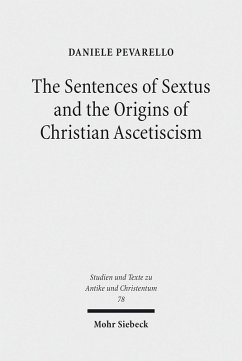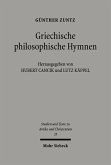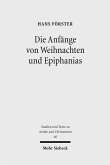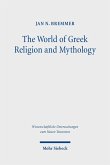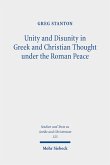Daniele Pevarello analyzes the Sentences of Sextus, a second century collection of Greek aphorisms compiled by Sextus, an otherwise unknown Christian author. The specific character of Sextus' collection lies in the fact that the Sentences are a Christian rewriting of Hellenistic sayings, some of which are still preserved in pagan gnomologies and in Porphyry. Pevarello investigates the problem of continuity and discontinuity between the ascetic tendencies of the Christian compiler and aphorisms promoting self-control in his pagan sources. In particular, he shows how some aspects of the Stoic, Cynic, Platonic and Pythagorean moral traditions, such as sexual restraint, voluntary poverty, the practice of silence and of a secluded life were creatively combined with Sextus' ascetic agenda against the background of the biblical tradition. Drawing on this adoption of Hellenistic moral traditions, Pevarello shows how great a part the moral tradition of Greek paideia played in the shaping and development of self-restraint among early Christian ascetics. Born 1974; studied Theology (New Testament) at the Waldensian Faculty of Theology (Rome) and at the Kirchliche Hochschule Bethel (Bielefeld); 2012 PhD in Jewish and Early Christian Studies at the Faculty of Divinity of the University of Cambridge; since 2009 Affiliated Lecturer and Tutor in New Testament Greek at the University of Cambridge.
Dieser Download kann aus rechtlichen Gründen nur mit Rechnungsadresse in A, B, BG, CY, CZ, D, DK, EW, E, FIN, F, GR, HR, H, IRL, I, LT, L, LR, M, NL, PL, P, R, S, SLO, SK ausgeliefert werden.

